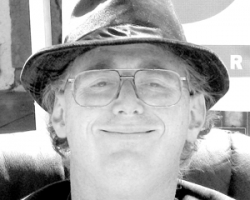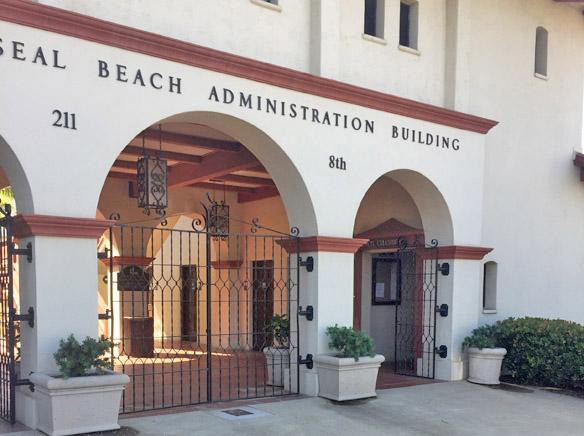Editor’s Note: The following is one person’s story of an encounter with health care. If you have a health or fitness story you would like to share with the Sun, e-mail your submission to Editor Dennis Kaiser at dennis@sunnews.org.
Cardiac care has changed a lot in the 50 years since my birth. I speak from the perspective of a former heart patient.
I suspect my “hole in the heart” was a heart murmur, since that is an old euphemism for heart murmurs.
Growing up, I saw a different doctor each month until I was 14: the GP, the cardiologist, the eye doctor, the GP, the cardiologist, the ear doctor, the GP, the cardiologist, the dentist … you get the picture.
I was 5 or 6 when I was given a cardiac catherization to determine if I was a good candidate for open heart surgery. The doctors cut open an artery in my arm, ran a tube up to my shoulder and down into my chest. They then injected a dye into my chest and took an x-ray.
Immediately after looking at the x-rays, doctors told my parents that I should have open heart surgery. Then everyone waited for my heart rythym to return to normal.
A few hours later, doctors asked my parents to sign some waivers so they could perform a procedure to restore my heart rythym to normal.
Once that procedure was performed, they told my parents that they should simply wait for my heart defect to heal naturally over time.
My parents reached different conclusions based on this new information. My mother concluded I was going to die and it would be irrational and irresponsible to have hope.
My father concluded that the entire medical profession was made up of men who had no idea of what they were doing and lacked the courage to admit their ignorance. He often said doctors knew as much about health as witchdoctors.
I awoke a couple of days after the procedure in my hospital room. Dr. John P. Crivaro, my general practitioner, was waiting at the foot of my bed in a dark suit with his hands folded in front of him. I knew I was safe. I closed my eyes.
I think I was out for a couple more days before I went home to “enjoy” a couple of months of bedrest. I remember sleeping in a rented hospital-style bed in my living room. It must have been summertime—I didn’t miss fall enrollment in school.
My parents always scheduled my medical procedures for the summer to avoid disrupting my education.
When I was 14, my cardiologist said I no longer needed his services.
I’m glad there’s new technology that will allow doctors to perform less invasive procedures on the heart patients they evaluate. Some things do change for the better, eventually.












